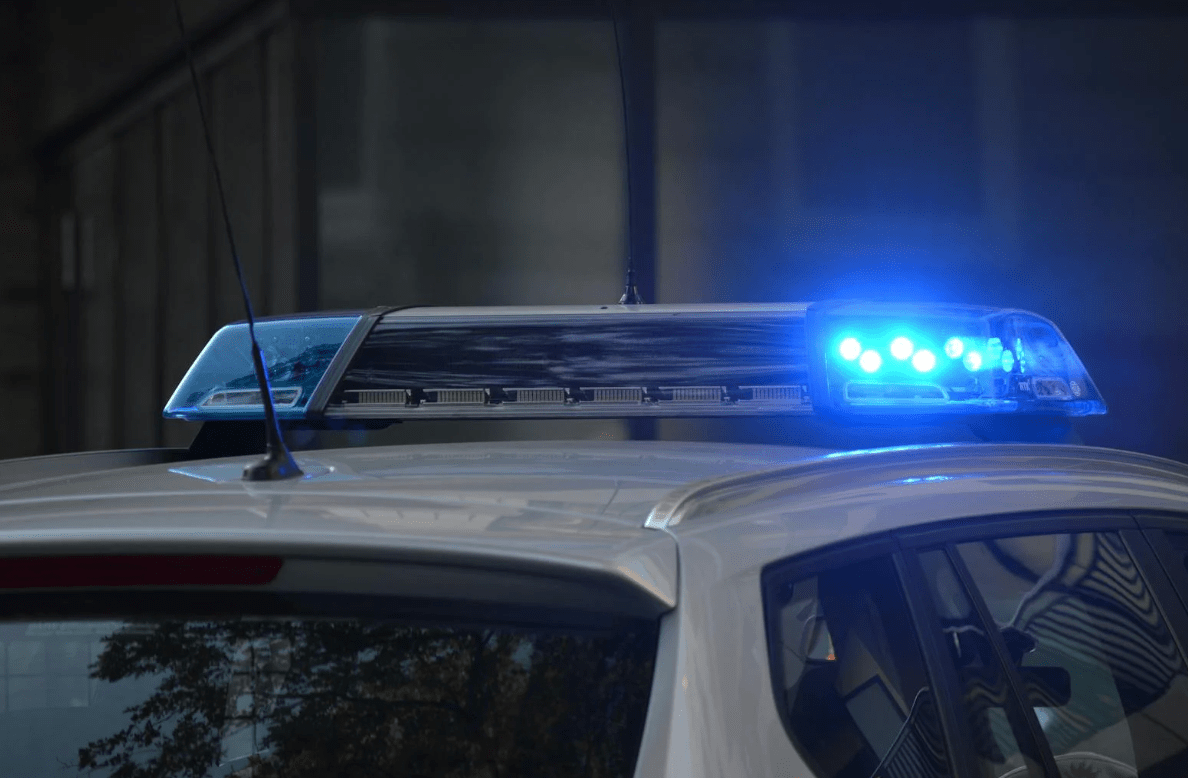
In Massachusetts, there are many ways to defend against drug charges. Some common defenses include lack of evidence of possession, lack of evidence of "intent to distribute," challenges based on social sharing of a controlled substance, and the assertion of illegal search and seizure. What will work is highly dependent upon the specific facts and circumstances of each case.
Mere Presence
When it comes to possession charges, it's important to note that simply being present in an area where drugs are found is not enough to be convicted or even charged with possession. The prosecution must provide evidence that demonstrates knowledge and intent to exercise control over the substance. In cases where multiple individuals are charged with possession due to mere presence, these charges can be successfully challenged and possibly dismissed.
Lack of Intent
Similarly, a person may be wrongly accused of "intent to distribute" when the possession was actually intended for personal use only. For instance, buying a significant quantity of a drug for personal use, such as marijuana, does not automatically imply an intent to distribute. The prosecution must provide additional evidence, such as the presence of scales, packaging materials, business registers, or large amounts of cash typically associated with drug dealing, in order to support an intent to distribute charge. Furthermore, the decriminalization of marijuana in Massachusetts has raised the standard for charging and convicting individuals with possession with intent to distribute Class D substances.
Social Sharing
Another defense that can be employed is the argument that sharing drugs with friends does not constitute distribution or drug dealing under the law. Massachusetts courts have recognized that "social sharing" does not imply an intent to distribute.
Substance Isn’t Illegal
In order to convict someone of a drug crime, the prosecution must prove beyond a reasonable doubt that the substance seized or sold was, in fact, an illegal drug. Often this is done through evidence of testing at the state crime lab, but sometimes that testing can be challenged. Occasionally, a case is brought when no drugs have been actually recovered, or the evidence is tainted or lost, or mishandled. These can be potential areas of defense.
What is Illegal Search and Seizure and How Can It Affect a Drug Crime Prosecution?
Illegal search and seizure refers to the act of law enforcement searching and confiscating evidence without proper justification or following the established legal procedures. In the context of a drug prosecution, it can have a significant impact on the outcome of the case.
People in Massachusetts are protected from unwarranted searches of their person, vehicle, residence, or even their hotel room. The police are required to have "probable cause," or reasonable grounds to believe that a crime has been committed, in order to conduct a search. Essentially, they need a valid reason to intrude upon an individual's privacy.
Suppression of Evidence Seized Illegally
If the police violate these fundamental rights during the search and seizure process, the consequences can be severe for the prosecution's case. When evidence of a controlled substance is obtained through an illegal search, it can be deemed inadmissible or "suppressed" in a Massachusetts drug case. This means that the prosecution will not be able to use that evidence against the defendant in court.
Without crucial evidence, the case against the accused may become significantly weaker or even collapse entirely. The exclusion of the evidence obtained through an illegal search can greatly hinder the prosecution's ability to prove the defendant's guilt. As a result, the court might be inclined to dismiss the case due to insufficient evidence.
Do Not Agree to A Police Search
It is important to note that individuals in Massachusetts possess the absolute right to refuse to consent to a search, to decline answering police questions, and to request legal representation. These rights are designed to protect individuals from unlawful intrusion by law enforcement authorities.
In summary, an illegal search and seizure can profoundly affect a drug prosecution in Massachusetts. When law enforcement violates an individual's constitutional rights during the search and seizure process, any evidence obtained unlawfully may be excluded from the case, potentially leading to the dismissal or weakening of charges.
Each case is unique, and the applicability of these defenses will depend on the specific circumstances and evidence involved. Therefore, it is essential to consult with a knowledgeable criminal defense attorney to determine the best defense strategy based on the particular details of your case.
Contact Ernest Stone Today
Lead attorney Ernest Stone has more than two decades of experience in multiple criminal defense areas, including successfully defending serious drug offenses in both District and Superior Court.
If you or a loved one is facing drug charges in Massachusetts, having a highly knowledgeable and experienced criminal defense attorney by your side is important. Contact H. Ernest Stone, Attorney PC, today for a free consultation.
Being accused is traumatic. We understand. We’ll get you through the storm.
Schedule a free case review online or by calling (978) 705-4537.



.jpg)

